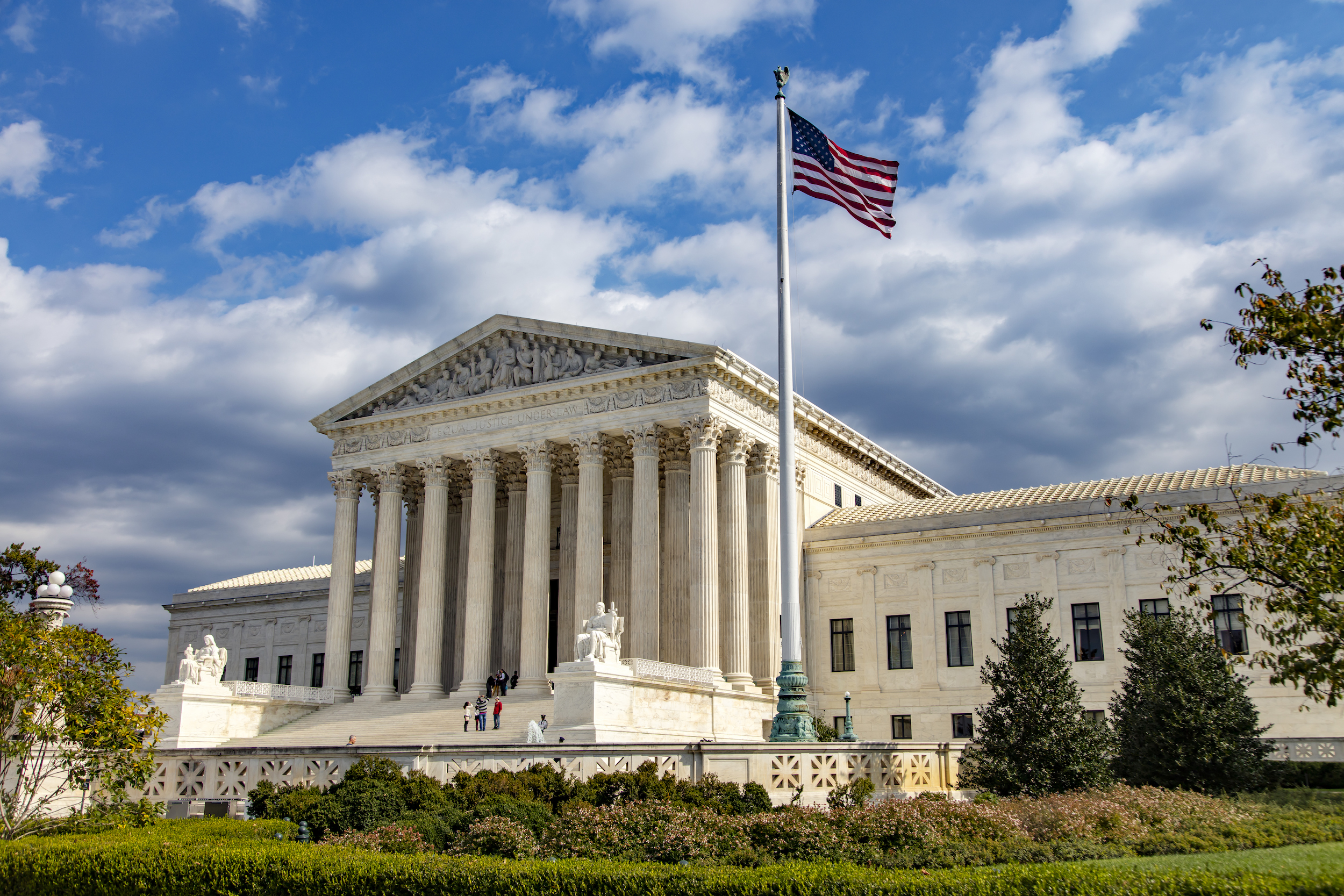Big Tech Battles Supreme Court Threat to Content Moderation
Tech groups say Section 230 protections are essential to digital media’s utility

The smarter way to stay on top of the streaming and OTT industry. Sign up below.
You are now subscribed
Your newsletter sign-up was successful
A group of technology associations has joined forces to tell the Supreme Court that Google and others should have the right to moderate online content. To treat such moderation as an endorsement rather than an organizing function would be a big mistake, they added, because it would strip away the “publisher immunity” that is an essential element of interactive media, including video streaming.
How Big Tech moderates content — and whether the law exempting social-media platforms from civil liability for most third-party content needs to be modified — is a hot-button issue across Washington, from the White House to the Capitol.
The Computer & Communications Industry Association joined with NetChoice, the Digital Media Association, the Information Technology Industry Council, the Interactive Advertising Bureau, and TechNet to file an amicus brief with the court in advance of next month's oral argument in Gonzalez v. Google. The outcome of that case could affect what online users get to see in their video or social media feeds, the groups said.
Also: Supreme Court To Weigh In on Section 230
Gonzalez v. Google revolves around the issue of whether social media platforms could be held legally liable for aiding and abetting terrorism. The 9th U.S. Circuit Court of Appeals concluded that Section 230 — the provision of the Communications Decency Act of 1996 immunizing social media from civil liability in most cases — generally bars such aiding and abetting claims.
But with regard to a different complaint, the same court concluded that Google, as well as Twitter and Facebook, could be liable for aiding and abetting terrorism.
The Supreme Court agreed to step in to resolve that dichotomy, as CCIA and the others would like, in favor of Section 230 immunity, which means upholding the court's decision in Gonzalez that Section 230 immunity protected Google.
The smarter way to stay on top of the streaming and OTT industry. Sign up below.
The brief argues that the core of what the companies’ digital services do — including advertising and streaming media services — is organizing content for users in a “useful way.”
It is that internet-essential organizational function, a “publisher immunity’ that is central to the benefits of interactive media, that Section 230 protects, the companies told the court.
Tech firms conceded such organization has been a challenge — which may be the understatement of the new year — but to treat that organization as an endorsement of the speech unprotected by Section 230 would render that provision meaningless and “leave many digital services less usable and less useful.”
That argument could fall on some deaf ears in Congress and on Pennsylvania Avenue, where President Joe Biden and some high-profile Democrats have argued for curtailing or eliminating Section 230. But it’s the high court that Big Tech needs to persuade in this instance.
“No one wants to see extremist content on digital platforms — especially the services themselves," CCIA president Matt Schruers said in his group’s defense of Section 230. “The question is how we achieve that. Section 230 is what allows companies to develop systems and processes to remove dangerous content, and any precedent that ties companies’ hands when it comes to protecting users will result in a more dangerous and less trustworthy internet.” ■
Contributing editor John Eggerton has been an editor and/or writer on media regulation, legislation and policy for over four decades, including covering the FCC, FTC, Congress, the major media trade associations, and the federal courts. In addition to Multichannel News and Broadcasting + Cable, his work has appeared in Radio World, TV Technology, TV Fax, This Week in Consumer Electronics, Variety and the Encyclopedia Britannica.

